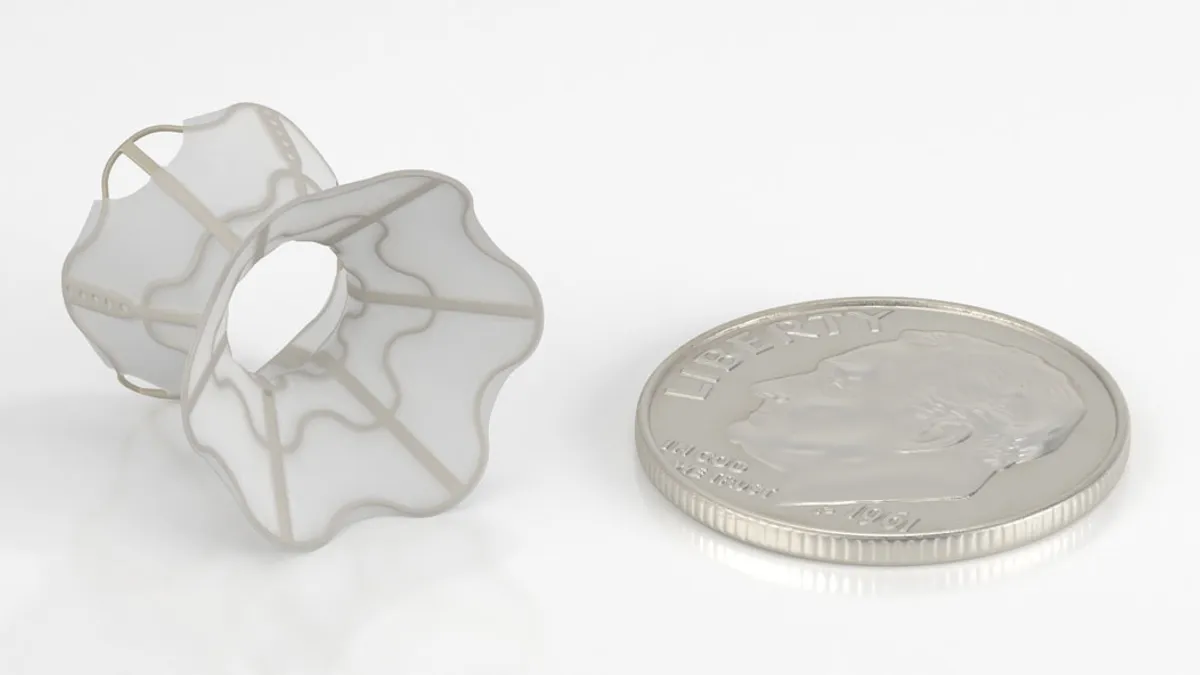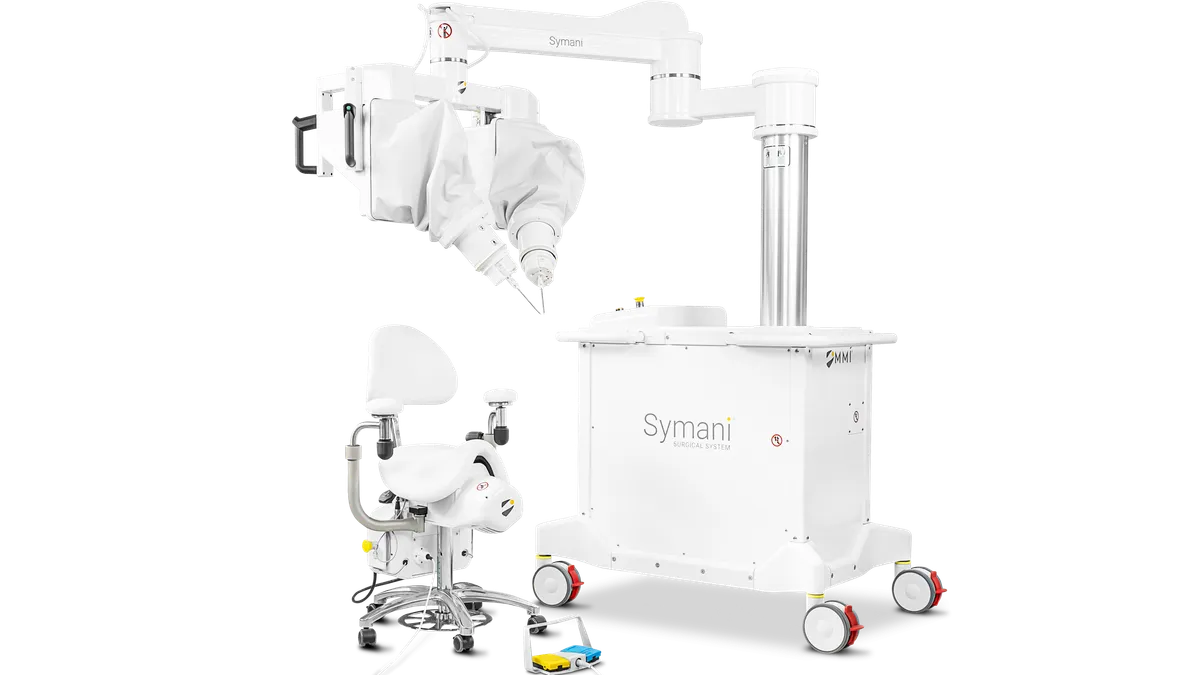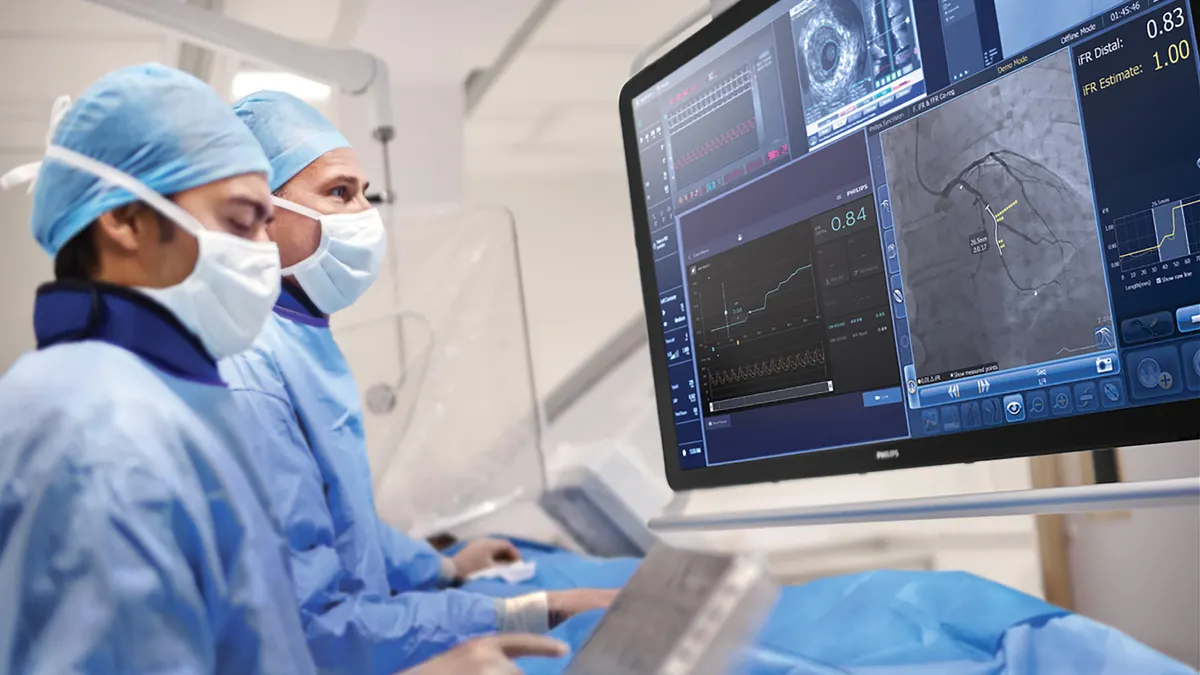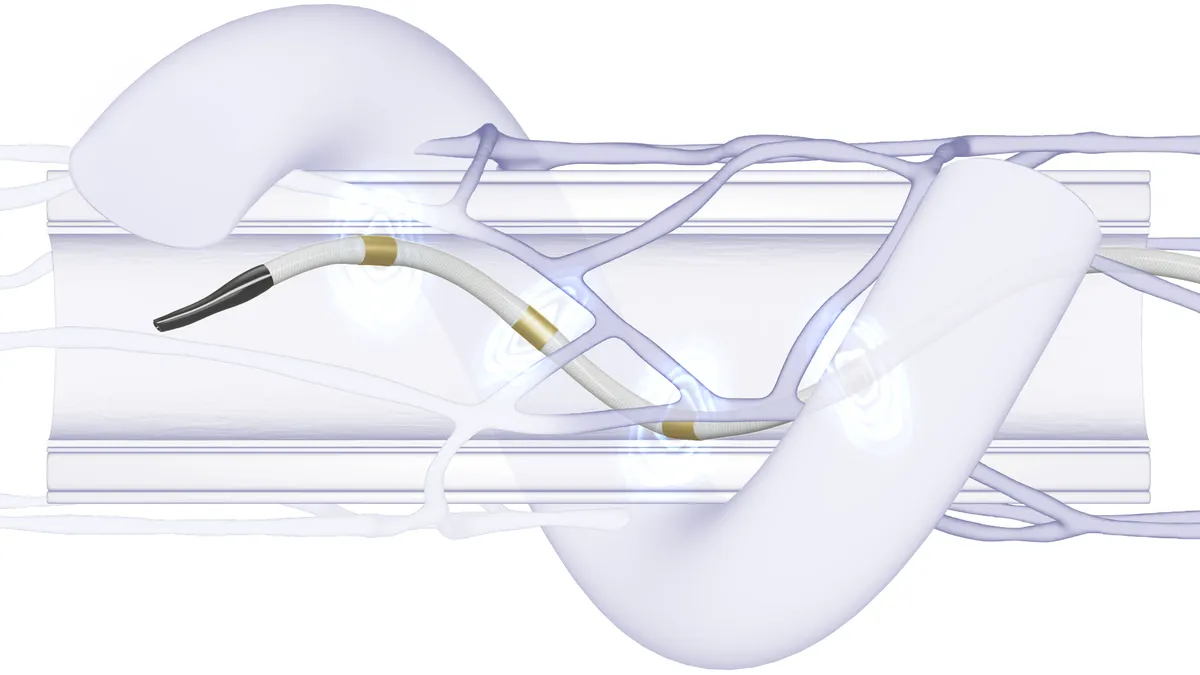Abbott Laboratories, Boston Scientific and Medtronic all disclosed neuromodulation updates on Thursday, a flurry of activity that is further evidence of the medtech industry’s attempts to innovate in a sector criticized as stagnant just one year ago.
The neuromodulation industry went into 2020 looking to bounce back from a flat 2019 defined by a lack of new products capable of driving growth. COVID-19 disrupted those plans. Nevro, a neuromodulation specialist that serves as a bellwether for its more diversified and opaque rivals, saw trial procedures fall to almost zero in April. Sales fell in the fourth quarter as COVID-19 cases surged.
While the pandemic killed off plans for a neuromodulation resurgence in 2020, the industry is still rolling out new products in the hope growth will return in 2021 and beyond. On Thursday, three of the big companies active in the space discussed the progress of their portfolios as the North American Neuromodulation Society kicked off its virtual meeting.
Here's a roundup of the latest efforts.
Abbott launches digital health app
Abbott's neuromodulation portfolio is built around Proclaim XR, a version of a St. Jude Medical spinal cord stimulation (SCS) device approved by FDA in 2015, and the Proclaim DRG System it began selling in 2017. Proclaim DRG is a dorsal root ganglion (DRG) stimulation system for patients with chronic pain in the lower limbs. The devices have undergone updates since coming to market.
To improve the experience of patients who trial the SCS and DRG systems, Abbott has introduced a mobile app the company says can be used to record their pain relief.
"Assessing a patient's response to a new stimulation therapy is essential to determining a therapeutic course-of-action," Pankaj Mehta, director of research at Pain Specialists in Austin, Texas, said in an Abbott statement.
With the app, "I will have the ability to assess the information patients have been recording and provide a comprehensive assessment on how they are responding to the therapy."
Abbott plans to make NeuroSphere myPath available in the Apple App Store in the coming weeks. A version that runs on Android mobile devices is scheduled for release in the second quarter.
Boston Scientific introduces SCS systems
Boston Scientific has expanded its SCS portfolio with the limited market release of its WaveWriter Alpha SCS Systems. The release covers four Bluetooth-enabled rechargeable and non-rechargeable implantable pulse generators that can enter the MRI scanner room under certain conditions. Boston Scientific said it now has the largest portfolio of full-body MRI conditional devices.
The new devices are the first SCS systems to feature Fast Acting Sub-perception Therapy (FAST), an approach developed by Boston Scientific and Duke University to provide paresthesia-free pain relief in minutes. Boston Scientific said FAST targets a new, distinct mechanism of action.
Boston Scientific, which won FDA approval for the devices last month, has wrapped a suite of digital tools around the SCS products. The suite of tools, branded Cognita Solutions, is intended to "address common challenges in pain management," for example by helping physicians to achieve long-term improvements in the functional outcomes of their patients.
Medtronic starts deep brain stimulation trial
Medtronic has enrolled the first patient in a clinical trial of adaptive deep brain stimulation (aDBS) in patients with Parkinson's disease. The study is assessing an experimental feature of the Percept PC DBS device that won FDA approval last year.
In its approved form, Percept PC records brain signals while delivering electrical stimulation to the brain to treat the symptoms of Parkinson's. Physicians can review data captured by the device and, by correlating brain signals to outcomes, use the information to personalize treatment.
The aDBS approach being studied in the new, 36-subject clinical trial takes the idea a step further. Rather than relying on the physician to adjust stimulation, aDBS automatically tweaks parameters in response to brain signals. The system is designed to only set stimulation parameters within limits put in place by the physician.
Advocates of aDBS see it as a way to extend the life of DBS devices by reducing power output, cut the programming burden on the physician and ensure patients receive optimized treatment. The primary endpoint of the clinical trial will compare time without troublesome dyskinesias in patients with aDBS to standard continuous DBS.
Mike Daly, general manager of Medtronic's brain modulation business, said the device was "developed with a significant amount of capabilities" built in, enabling it to evolve over time as the company gathers data to validate the additional features.



















